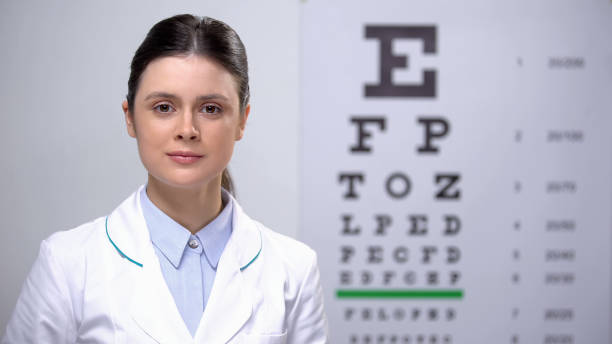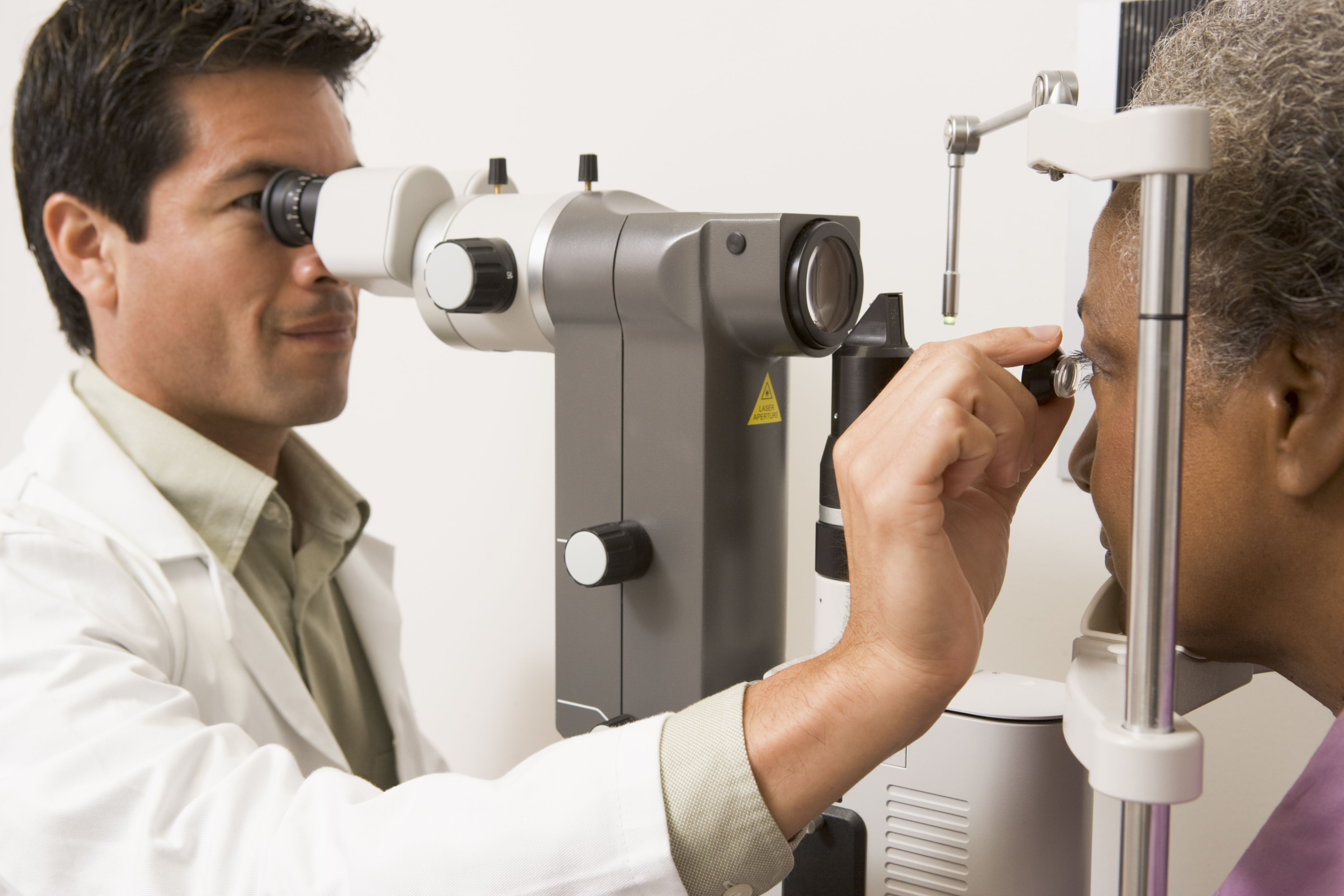What Causes Glaucoma & How Early Diagnosis Can Save Your Vision
- 07 August 2025
- By Admin
- 24 Comments

Introduction
Glaucoma, often dubbed the "silent thief of sight," is a group of eye conditions that damage the optic nerve—the vital link between your eye and brain.
This damage is commonly caused by an increase in intraocular pressure (IOP) and, if left untreated, can lead to irreversible vision loss.
Alarmingly, glaucoma typically presents no noticeable symptoms until significant vision has already been lost.
At Kiran Eye Care Hospital, recognized as the best eyecare hospital in Mancherial,
we emphasize the importance of early diagnosis and regular screening to detect glaucoma before it causes permanent damage.
With our advanced diagnostic tools and highly skilled specialists, we provide comprehensive care tailored to your specific needs.
What Is Glaucoma?
Glaucoma is not a single disease but a group of conditions that affect the optic nerve. The most common types include:
Primary Open-Angle Glaucoma (POAG): The most common form, where fluid drains too slowly from the eye, increasing pressure gradually.
Angle-Closure Glaucoma: Less common but severe; occurs when the drainage angle closes suddenly, causing a rapid pressure rise.
Normal-Tension Glaucoma: Optic nerve damage occurs even with normal eye pressure, often due to poor blood flow.
Secondary Glaucoma: Caused by trauma, inflammation, or steroid use.
Congenital Glaucoma: Rare type present at birth due to improper development of the drainage system.
What Causes Glaucoma?
The main cause is elevated intraocular pressure (IOP), but it can occur without high pressure. Common causes include:
Blocked Drainage Channels: Fluid buildup raises pressure when drainage is blocked.
Eye Injuries: Trauma can damage internal structures and block fluid flow.
Prolonged Steroid Use: Long-term corticosteroids, especially eye drops, may increase IOP.
Genetics: Family history significantly raises risk.
Other Medical Conditions: Diabetes, hypertension, and migraines are linked to glaucoma.
Age & Ethnicity: Risk is higher in those over 40, especially of African or Asian descent.
Early Signs and Symptoms
Gradual loss of peripheral vision
Blurred or cloudy vision
Halos around lights
Eye pain or redness
Sudden visual disturbances (angle-closure glaucoma)
Nausea and vomiting (in acute cases)
If you notice these signs, visit Kiran Eye Care Hospital, the best ophthalmology in Mancherial.

Why Early Diagnosis Matters
Unlike many health conditions, glaucoma damage is irreversible. Once vision is lost, it cannot be restored. That’s why early detection is the most powerful tool in managing glaucoma effectively. Regular eye check-ups can identify signs of optic nerve damage or elevated eye pressure long before you notice symptoms.
At Kiran Eye Care Hospital, we use state-of-the-art diagnostic equipment, including:
- Tonometry – Measures eye pressure
- OCT – Images the optic nerve
- Gonioscopy – Examines drainage angle
- Visual Field Test – Detects vision loss
- Pachymetry – Measures corneal thickness
Treatment Options
Medicated Eye Drops: Reduce IOP by decreasing fluid production or improving outflow.
Oral Medications: Used if drops are ineffective.
Laser Therapy: Laser Trabeculoplasty or Iridotomy improves drainage.
Surgery: Trabeculectomy, Drainage Devices, or MIGS for advanced cases.
Living with Glaucoma
Take medications regularly
Avoid eye strain; follow the 20-20-20 rule
Wear UV-protective sunglasses
Maintain healthy lifestyle (control BP & diabetes)
Regular follow-ups every 3–6 months
Why Choose Kiran Eye Care?
Expert Care: Dr. P. Kiran Kumar, glaucoma and retina specialist
Advanced Diagnostics: OCT, fundus imaging, and digital tonometry
Patient-Focused: Clear communication and empathetic care
Modern Facility: Clean, safe, and fully equipped
Affordable & Accessible: Trusted by patients across Mancherial
FAQs
Q: Can glaucoma be cured?
A: No, but it can be managed effectively.
Q: Is glaucoma hereditary?
A: Yes, family history increases risk.
Q: How often should I get checked?
A: Every 1–2 years if over 40 or high risk.
Q: Will I go blind?
A: Not with early detection and proper care.
Conclusion
Glaucoma is a silent threat to vision.
Regular screenings at Kiran Eye Care Hospital—the best eyecare hospital in Mancherial—can detect and manage it early to protect your sight.


Comments (02)
Hear what others are saying about their cataract surgery experiences.
I was really anxious about undergoing cataract surgery, but the team at Kiran Eye Care was incredibly supportive. The procedure was quick, painless, and my vision has improved drastically. Highly recommend!
Thank you, Michel! We're glad to hear you're enjoying better vision. If you have any follow-up questions or need support during recovery, feel free to reach out.
My father recently had his cataract surgery done here and we are very satisfied with the care provided. The staff is professional, and everything was explained clearly. Thank you, Kiran Eye Care!